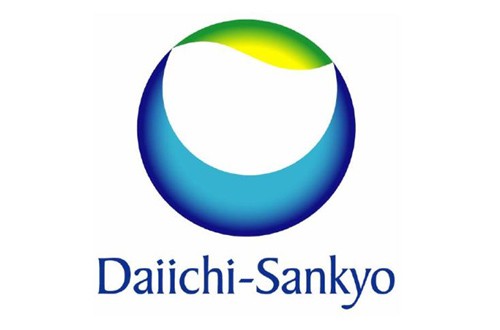
Just a few weeks after getting its first approval for neuropathic pain drug mirogabalin, Daiichi Sankyo kicked off a new phase 3 programme to extend its use in patients with spinal cord injuries.
The non-opioid painkiller was registered in Japan under the Tarlige brand name as a treatment for diabetic peripheral neuropathic pain (PNP) and postherpetic neuralgia (PHN) in January, and is a rival to Pfizer’s big-selling Lyrica (pregabalin) brand which brought in $4.7bn last year despite generic competition in some markets.
The new trial will enrol around 274 subjects with post-spinal cord injury neuropathic pain – a type of central neuropathic pain (CNP) – in Asia, including patients from Japan, Taiwan and South Korea, says Daiichi Sankyo.
The main efficacy measure in the trial will be the change in the average daily pain score (ADPS), a weekly average of daily pain intensity, compared to placebo over a 14-week period.
Approval in CNP associated with spinal cord injures would make mirogabalin an option for pain relief in an estimated 100,000 patients in Japan at the moment, with another 5,000 people newly-injured every year.
Around three-quarters of spinal cord injury patients need treatment for the sometimes intense and burning pain that can result from impairment to central nerves, according to Daiichi Sankyo.
It would be a useful additional indication for mirogabalin, which cannot compete on an equal footing with Lyrica in the marketplace because it failed to show efficacy in fibromyalgia, a long-term condition that causes pain all over the body.
Lyrica was approved for fibromyalgia back in 2007, becoming the first registered drug for the condition, and has been available in Japan since 2010. It is also FDA-approved for diabetic PNP, PHN and pain associated with spinal cord injury.
The challenge for Daiichi Sankyo with mirogabalin will be positioning it as a realistic alternative to pregabalin when Lyrica generics hit the market. That’s not due to happen in Japan until 2022, but Pfizer’s drug lost US patent protection at the end of last year and is expected to decline sharply in 2019.
Pfizer is hoping that a new once-daily formulation of its drug that was approved in 2017 will help defend the franchise, although for now that is only indicated for diabetic PNP and PNH. Like the original Lyrica formulation Daiichi Sankyo’s drug is dosed twice-daily.




